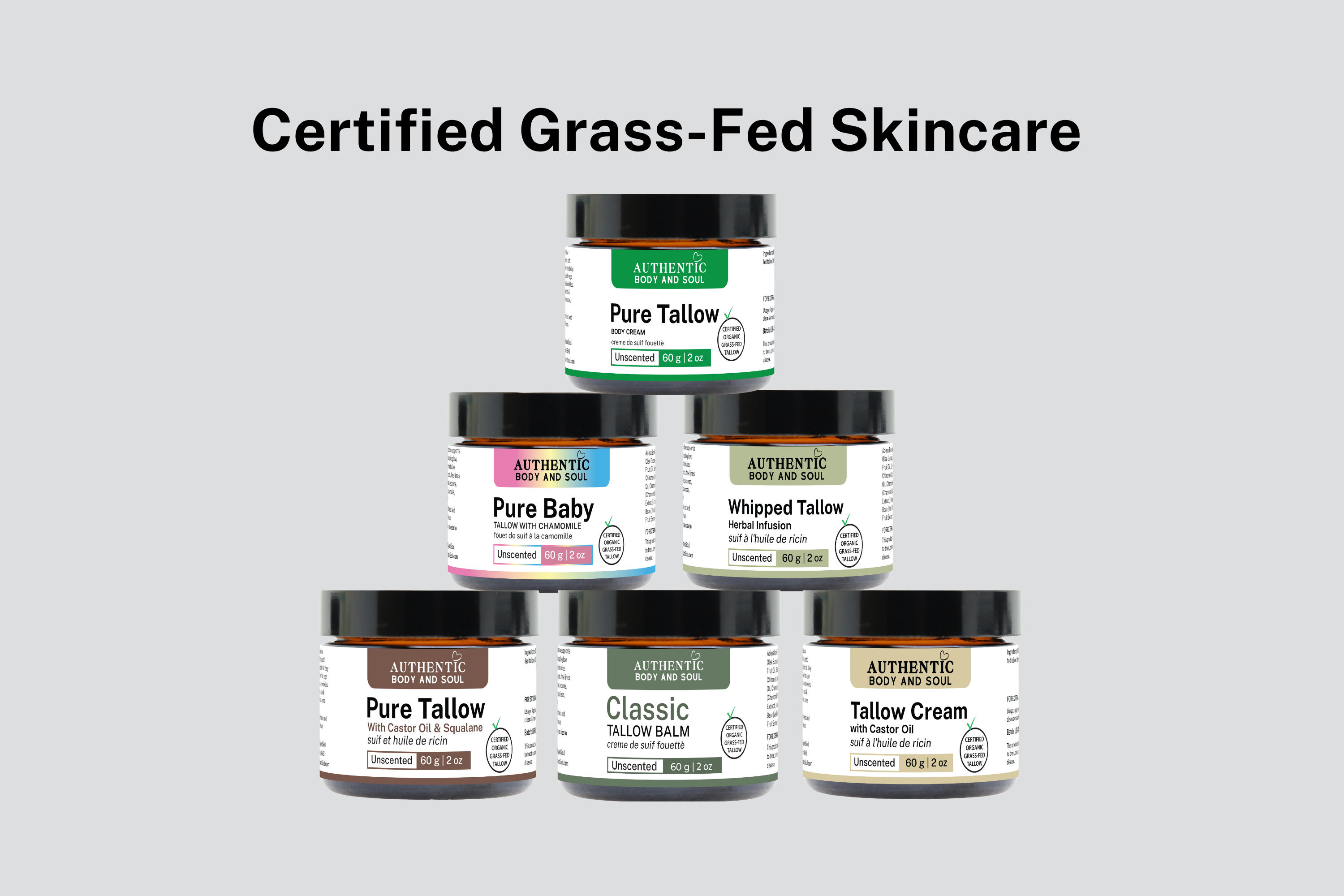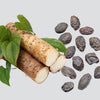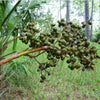Are Your Tallow Skincare Products Made from Genuinely Certified Suet Tallow?

In the burgeoning world of organic products, the authenticity and integrity of ingredients have become paramount for consumers who are increasingly health-conscious and environmentally aware. One area where this scrutiny is heightened is in the realm of organic grass-fed tallow, a product cherished for its myriad benefits in skincare, cooking, and beyond. As consumers navigate this market, the distinction between genuinely certified organic grass-fed tallow brands and those merely claiming certification without appropriate evidence becomes crucial. This article aims to shed light on the importance of this distinction, especially in the context of Canadian regulations.
In Canada, the certification of organic products is not just a formality but a rigorous process that ensures products meet stringent standards for organic integrity. This process is overseen by reputable certifying bodies, whose endorsement provides consumers with the assurance that the product they are purchasing is genuinely organic. For a brand of grass-fed tallow to be certified organic, it must adhere to practices that comply with these established organic standards, which include the animal's diet, the farming practices, and the absence of chemical additives. The key here is transparency; certified brands are required by Canadian law to list their certifying company, making it easier for consumers to verify claims and trust in the organic nature of the products.
However, a challenge arises when brands claim to be certified organic without listing their certifying body, as mandated by Canadian legislation. This omission not only undermines consumer trust but also skirts the legal requirements designed to maintain the integrity of organic products. Consumers are left in a dilemma, questioning the authenticity of the organic claims and the quality of the product itself. This scenario underscores the need for vigilance and due diligence on the part of the consumer. Verifying organic claims through available resources, such as checking for the certifying body's logo or directly contacting the brand for certification proof, becomes essential in making informed purchasing decisions.
The distinction between genuinely certified organic grass-fed tallow brands and those that fail to meet certification transparency requirements highlights a broader issue in the organic market. It underscores the importance of regulatory compliance and the role of consumers in holding brands accountable. As the demand for organic products continues to grow, ensuring the authenticity and integrity of these products is vital, not just for the health of consumers but for the sustainability of the environment and the credibility of the organic market as a whole.
In closing, if you are wanting certified grass-fed tallow skincare, check out our collection here:
- Posted in Animal Welfare in Organic Farming, bovine, certified organic suet, certified organic tallow, certified tallow skincare, concious consumer choices, Eco-friendly, Environmental Sustainability, Fat Rendering, Non-GMO Tallow, noutrient rich beef tal








